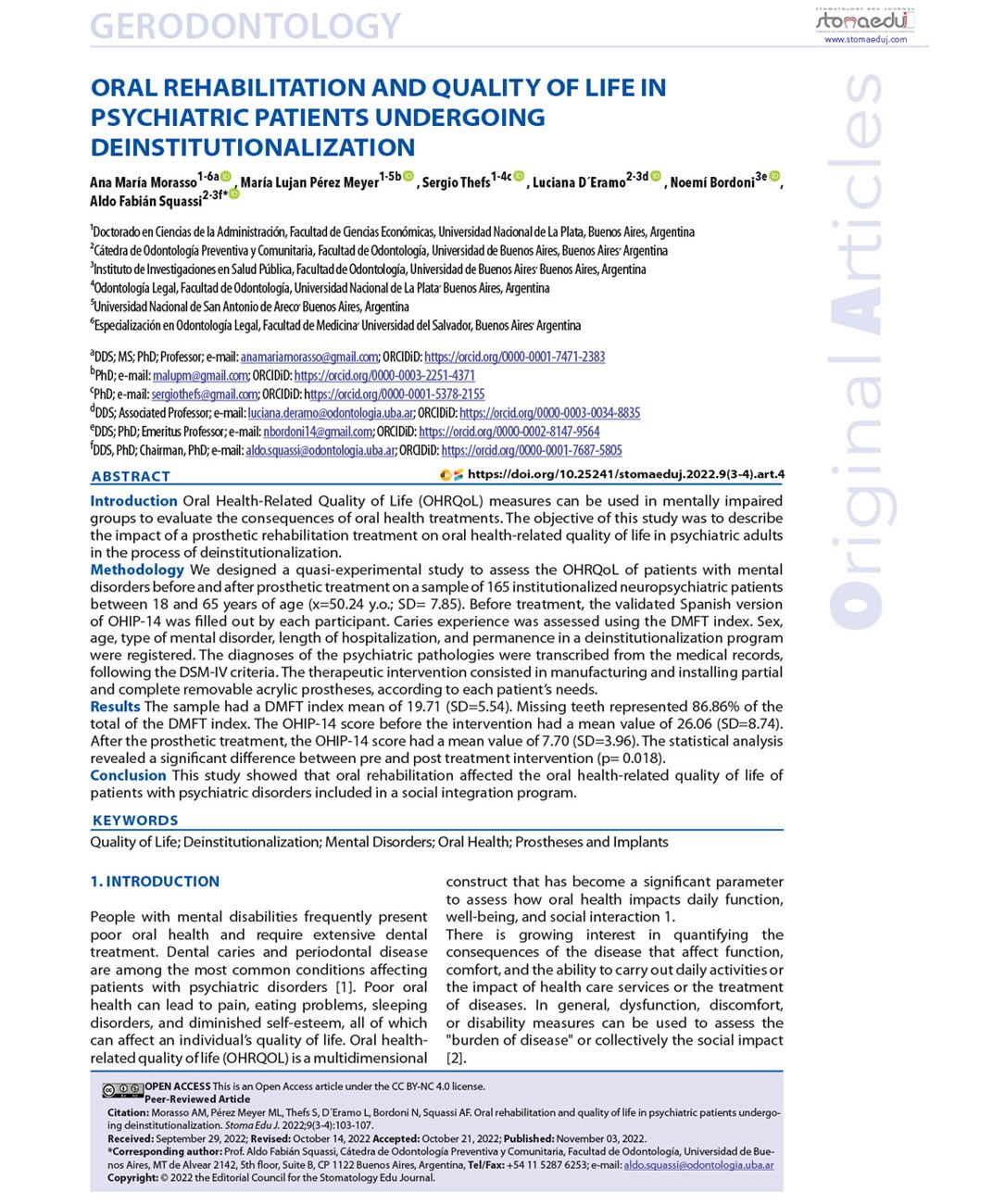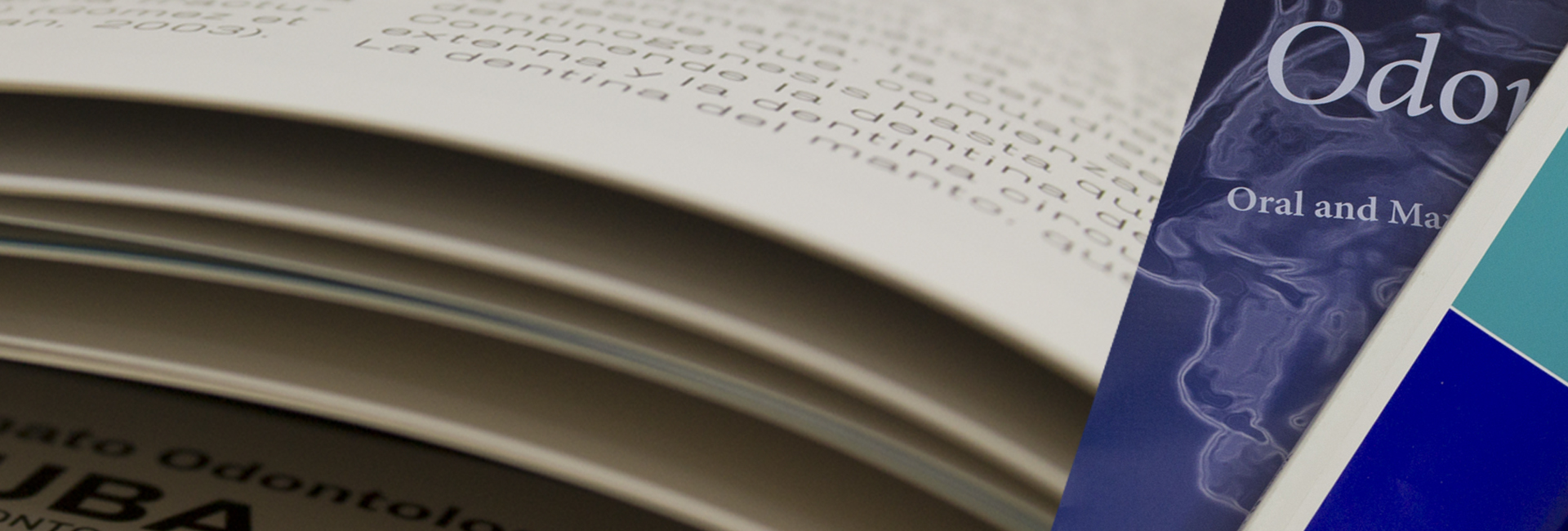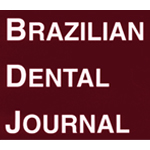
Oral Rehabilitation and Quality of life in Psychiatric patients undergoing deinstitutionalization
Fecha de Publicación: 2022

Referencia
STOMATOLOGY EDU JOURNAL 2022 Volume 9 Issue 3-4.
Resumen general
Introduction Oral Health-Related Quality of Life (OHRQoL) measures can be used in mentally impaired groups to evaluate the consequences of oral health treatments. The objective of this study was to describethe impact of a prosthetic rehabilitation treatment on oral health-related quality of life in psychiatric adultsin the process of deinstitutionalization. Methodology We designed a quasi-experimental study to assess the OHRQoL of patients with mental disorders before and after prosthetic treatment on a sample of 165 institutionalized neuropsychiatric patients between 18 and 65 years of age (x=50.24 y.o.; SD= 7.85). Before treatment, the validated Spanish version of OHIP-14 was filled out by each participant. Caries experience was assessed using the DMFT index. Sex, age, type of mental disorder, length of hospitalization, and permanence in a deinstitutionalization programwere registered. The diagnoses of the psychiatric pathologies were transcribed from the medical records,following the DSM-IV criteria. The therapeutic intervention consisted in manufacturing and installing partial and complete removable acrylic prostheses, according to each patient?s needs.Results The sample had a DMFT index mean of 19.71 (SD=5.54). Missing teeth represented 86.86% of the total of the DMFT index. The OHIP-14 score before the intervention had a mean value of 26.06 (SD=8.74).After the prosthetic treatment, the OHIP-14 score had a mean value of 7.70 (SD=3.96). The statistical analysis revealed a significant difference between pre and post treatment intervention (p= 0.018).Conclusion This study showed that oral rehabilitation affected the oral health-related quality of life of patients with psychiatric disorders included in a social integration program.



